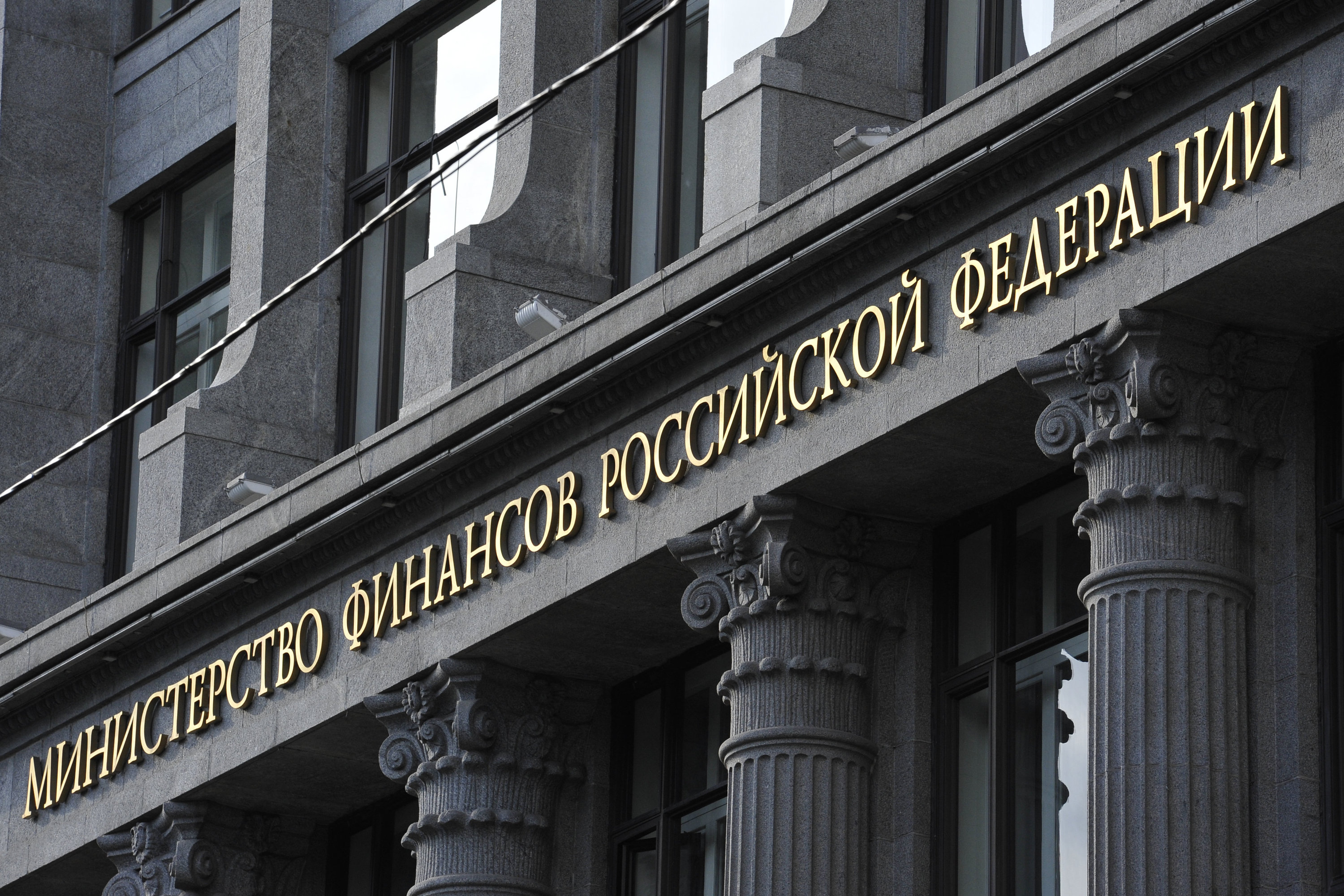MOSCOW, July 7 (RAPSI) - The Ninth Commercial Court of Appeals overturned a ruling ordering Russia’s Finance Ministry to pay 7 billion rubles ($204 million) in compensation to Russian Railways for the transportation of benefit recipients in 2009, RAPSI reports from the courtroom.
The court thus granted an appeal filed by the Finance Ministry.
The Moscow Commercial Court reconsidered the case. On March 28, the court granted a lawsuit filed by Russian Railways. The Finance Ministry appealed the ruling.
Initially, the Moscow Commercial Curt in June 2013 granted the lawsuit against the Finance Ministry but dismissed the company's claims to the co-defendants in the case - the Healthcare Ministry and the Labor and Social Protection Ministry. An appeals court upheld the ruling but a court of cassation vacated it in December 2013 and remanded the case for a new trial. Russia's Supreme Court dismissed Russian Railways' request to annul the cassation court's decision.
Russian Railways demanded compensation for its losses from the transportation of benefit recipients in 2009. Under an agreement on the transportation of benefit recipients in 2009 signed with the Healthcare Ministry in late 2008, Russian Railways was to receive compensation for profit shortfall resulting from this agreement.
The rail monopoly said the transportation of benefit recipients in 2009 cost the company 11 billion rubles (over $321 million), but only 4 billion rubles ($117 million) were issued in compensation from the federal budget.
Russian Railways, which cannot refuse to transport benefit recipients, has notified the government and the ministry that the allocations would not cover its expenses.
During the previous hearing, a Finance Ministry spokesperson argued that the plaintiff had not provided substantiation for the sum claimed and also did not comply with the procedure for requesting compensation. Russian Railways sent its compensation requests not to the Healthcare Ministry but to the Finance Ministry in 2011. The Finance Ministry is not a signatory of the agreement, and its guilt has not been proved.



